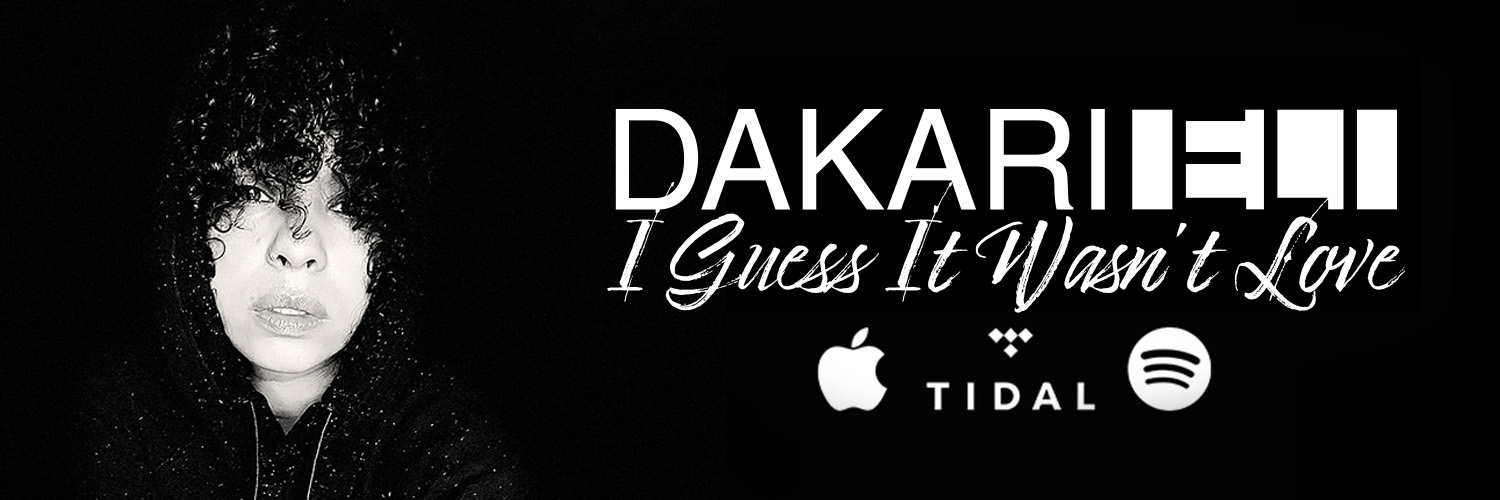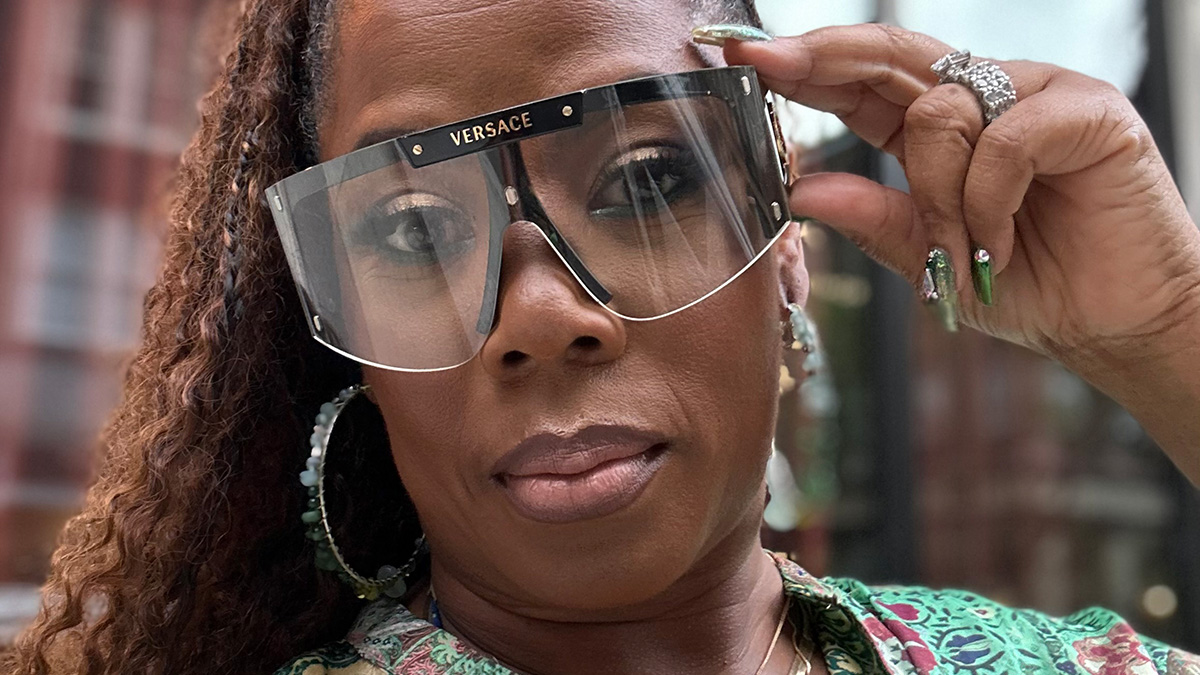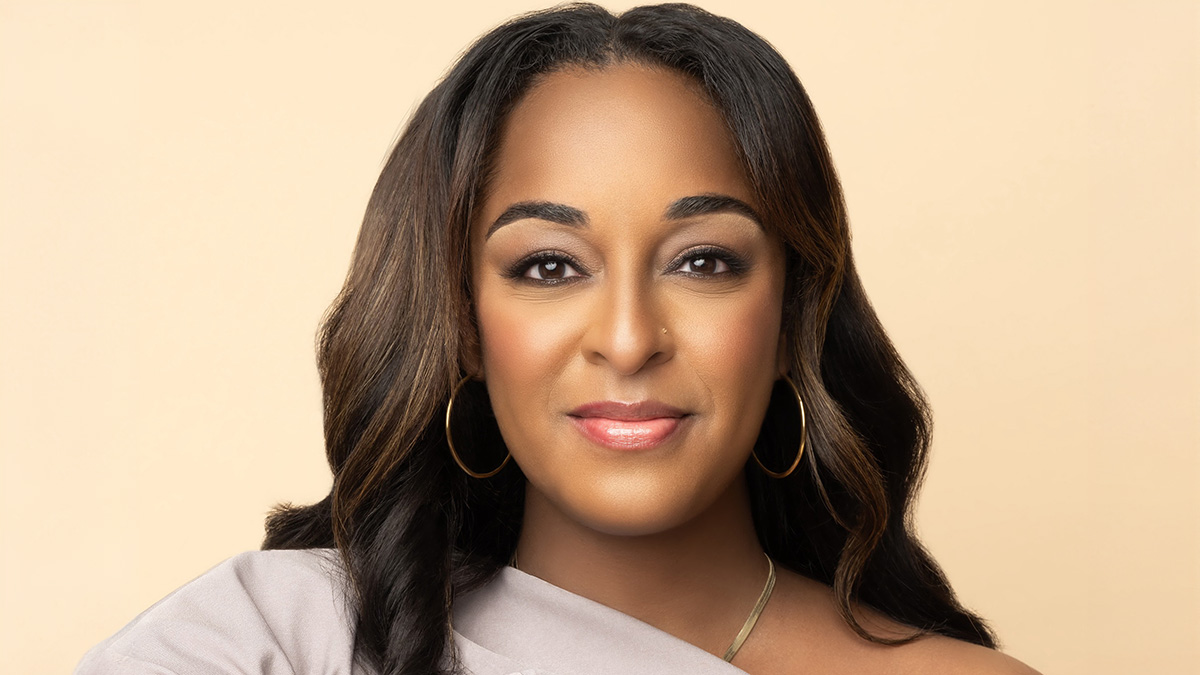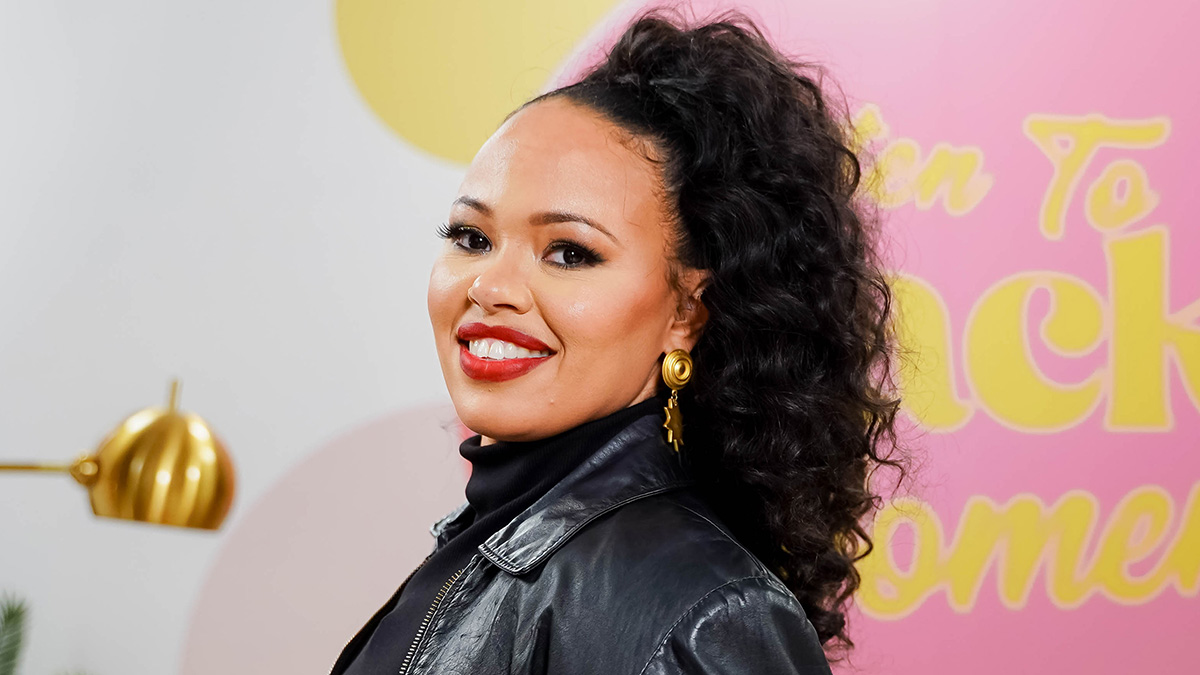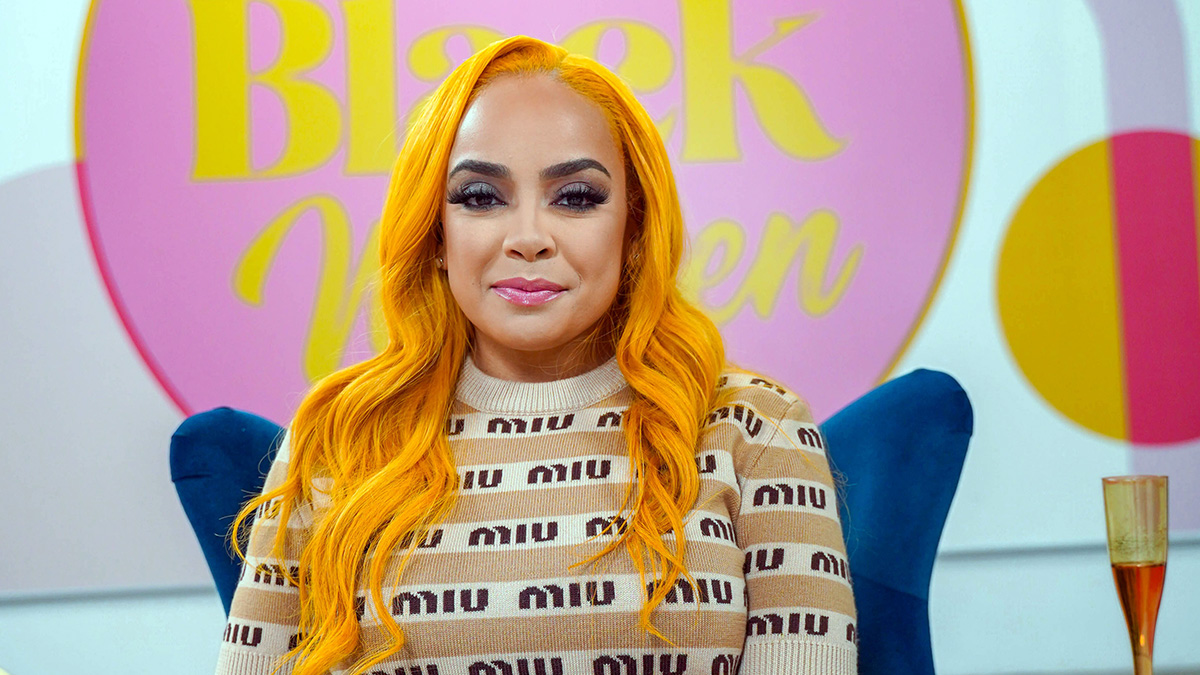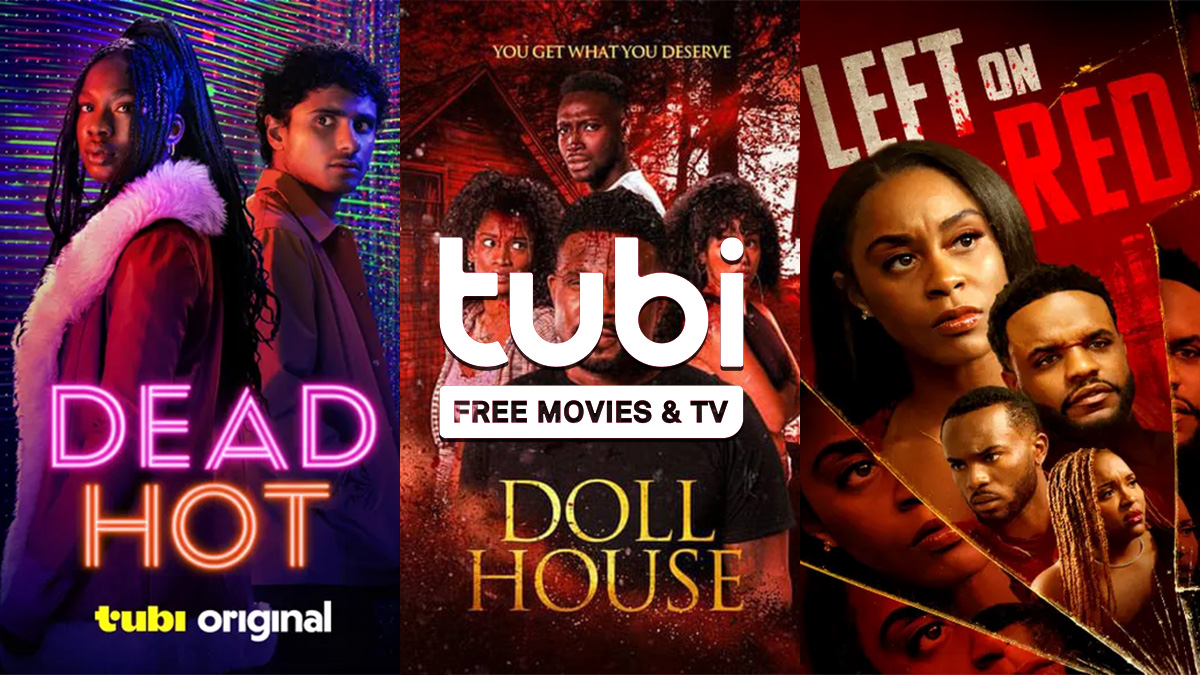Treiva Williams, the seasoned television series executive producer renowned for her work on shows like “Black Ink,” “Love & Hip Hop,” and “Mary Mary,” has a journey that’s nothing short of inspiring.
How did your experience in the army shape your career journey and help you pivot into the world of television and entertainment?
I say that my military career is the foundation of who I am as a person and an executive professional. It gave me discipline. It gave me structure. I am a very logistical kind of thinker. Those are the things I feel you need to be successful in any field or any job. In the military, we learn things like standard operation procedures. Every company, every organization, every facet of business, no matter whether it is industrial or entertainment, has a way that they standardly operate. Learning those core things could transfer to every facet of my career.
Can you share some specific examples of how the skills you gained in the military, such as teamwork and leadership, have been valuable in your current role as a Series Executive Producer for Viacom?
The main thing that it gave me was the art of leadership. Leadership is not about just telling people what to do. The greatest leaders learn to serve. Those were the fundamental things they taught us. In order to be a true leader, we have to lead and show by example and then we have to serve others. That could be implemented in everything I do in every area. The things that I expect from my production team are the things that I give a hundredfold.
What motivated you to pursue a career in advertising and marketing after leaving the army?
The life that I am living and the things that I have accomplished all came from my core skill set and my desire to excel. As a little girl, all I ever wanted was to be a secretary. I grew up in the ‘70s and ‘80s. Back in the day, you would see people working, wearing suits, and they would have briefcases. At the time, my goal was to be an executive assistant or a paralegal. I enjoy assisting others. I found out later when I learned about gifts and callings, that it happens to be one of my gifts. I can’t say that I pursued it, but because of my core skill set and my desire to excel, it afforded me opportunities to be able to learn more. Whether I worked at a plant or an advertising agency, being on a support team, you have to learn the environment. The more I learned and understood in life, the more I was blessed to have certain people enter my life that would recognize my skills even when I didn’t recognize them myself.
You’ve worked on various reality TV shows, including “Mary Mary” and “Love & Hip Hop.” What challenges and opportunities did these projects bring to your career?
The biggest challenge was learning, understanding, and giving grace to people with whom you may feel that you don’t share any commonalities on the surface level. You have to be able to work without any preconceived notions you may have about a group of people or a type of person. You have to be able to give them the grace needed to tell their story and be true to who they are authentically, without being exploitive, even when that is the easier route to take at times.
The production teams receive a lot of blame for the choices some reality stars make, especially when negative things happen. Cast members accuse producers of instigating or positioning in situations where conflicts can arise. What do you say about that?
I think it depends on the production team and the individuals directly producing it. Are there times when those types of things happen? Absolutely. You have what is known in the industry as dirty producers. The majority of the people I know and work with produce docuseries/reality television with scripted scenarios. I may put you in a situation where without the television show, you wouldn’t be in.
For example, being on a luxurious vacation in the Maldives. You probably wouldn’t be there if we didn’t take you there. But who you are, how you react, and the way you choose to respond to things are entirely up to you. I may put you where you’re going to be, but you decide who you are in that situation. If you have a conflict with someone and I say today is the day you are going to have lunch with this person, I need you to hear what they have to say and respond. You have complete control over your actions and your response. You might not know the day you’re filming. You may not have a say in who is in your scene. But how you respond and react is up to you, which is the case in life in general.
It’s up to you how you respond in traffic when someone cuts you off. There are people who engage in heavy-handed production. However, it’s still coming down to the choices you make, especially when the talent comes back season after season. I would tell my talent all the time that this is not an easy thing to do, but it is also a voluntary thing to do. You don’t have to say yes to coming back.
Having interviewed several reality stars, many of them admit that they intentionally engage in hyperbolic behavior for their own personal gain.
I instill in the producers that come up under me that someone is trusting us to tell their story and show parts of their lives, the good, the bad, and the ugly, for us to represent them as best we can. Though there is a level of entertainment to it, my production has a certain recipe. I tell my team that just like life, television is made up of heat, heart, and humor. My thing is, if I produce from a place of humanity with all those things, I should be able to produce compelling entertaining television that doesn’t necessarily have to be demeaning… If you go to any people from any of the shows I worked on, Black Ink, Love & Hip-Hop, Mary Mary, etc., they will tell you my thing has always been just because you have a conflict with someone, doesn’t mean there has to be combat. And just because you’re looking to reach a resolution with someone, doesn’t mean that scene has to end with a hug and a kiss. The resolution could be that when we’re done with this conversation, I don’t fuck with you. You know that and I know that. That’s a resolution (laughing). We don’t have to make up and be best friends. You have said what you don’t like. I have said what I don’t like. After we get up from this table, if you see me in the street, don’t speak to me (laughing).
We have honored one of your mentors, Mona Scott Young, with the cover of this year’s annual Women’s issue. What would you say has been the most impactful advice she’s given you throughout the years?
The biggest thing that Mona has instilled in me is her mantra. If they don’t know you personally, don’t take it personal. Just like Mona, I have amassed a bit of notoriety where people recognize me for being on the show. I was on the Mary Mary show as well as produced the series for a couple of seasons. People noticed and remembered me, or the talent might have mentioned my name on camera. They might feel they have gained a certain amount of familiarity with whom I am. People would approach me over things on shows that I have long since moved on from. It can be hard in the beginning, because they don’t know you and they don’t understand. No one but my talent knows the lengths I’ve gone to for them, to support them through it all, even protecting them from themselves—and they won’t publicly admit it…
Mona also taught me that everyone has the right to have their story told, whether we would live their story, or participate in it at all, personally. We don’t get to say that this certain type of woman should not be portrayed. We don’t have that right.
Be’n Original

